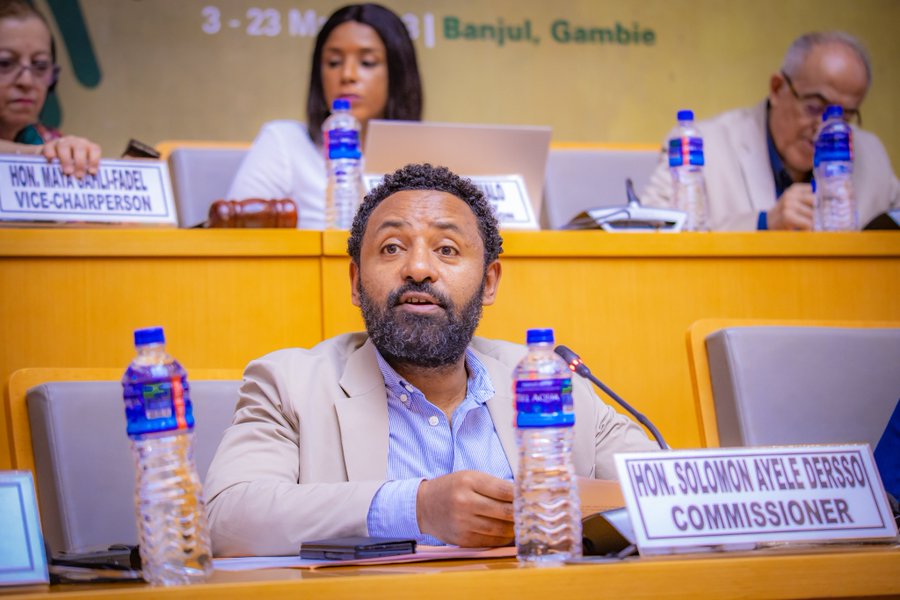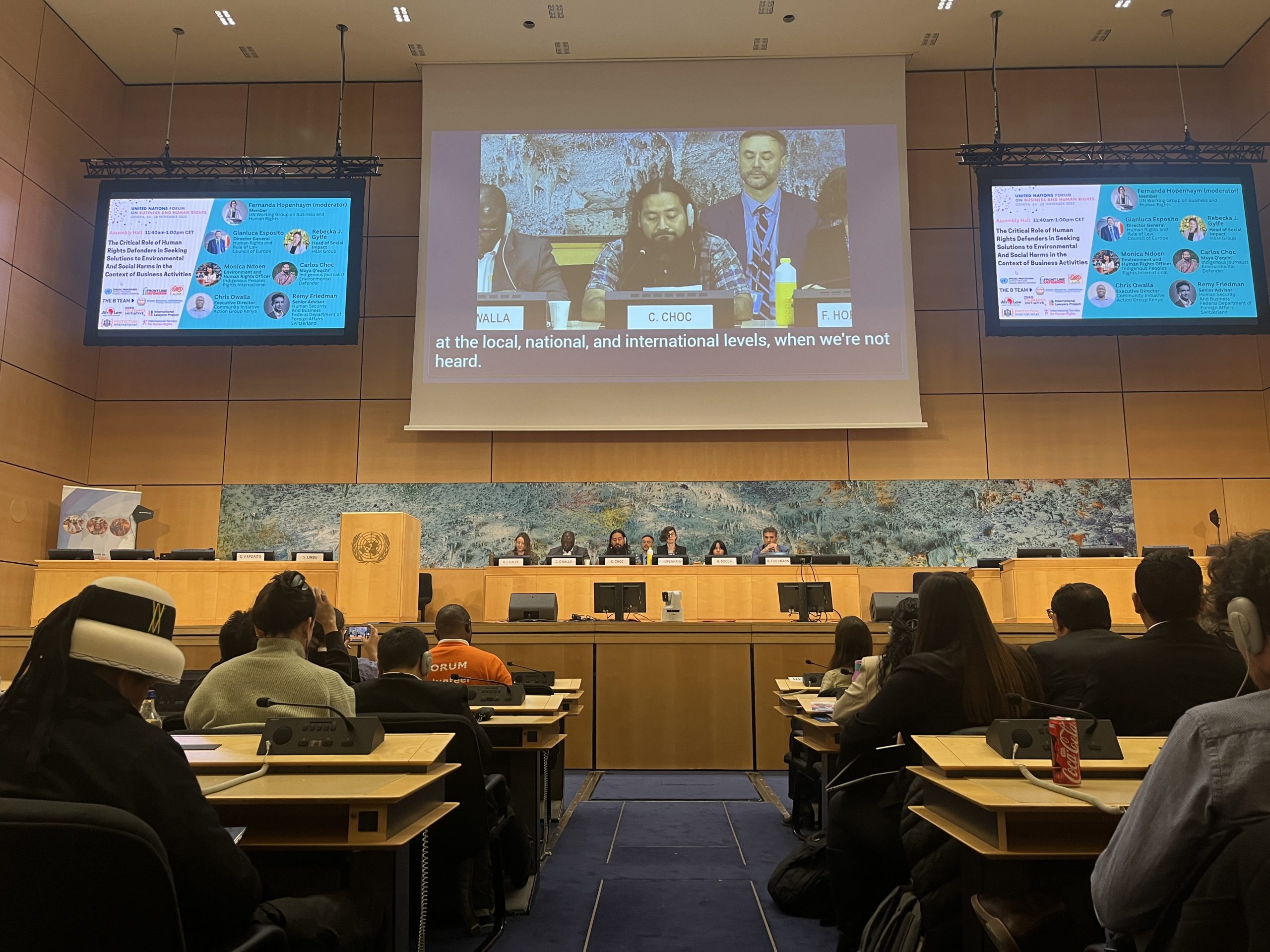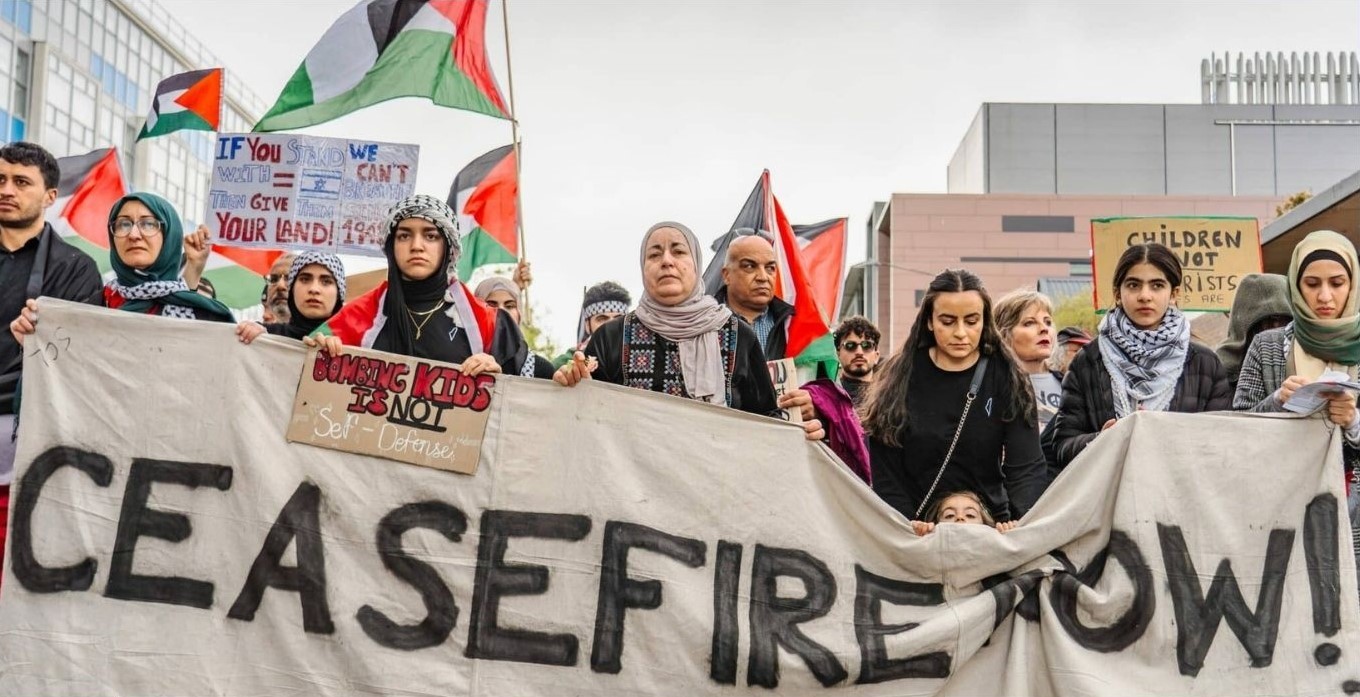The panel started with Commissioner Solomon Ayele Dersso highlighting that while implementing the African Continental Free Trade Area (AfCFTA) project, States have an obligation to prevent exploitative economic relations, particularly with international monopolies. In addition, he stated that trade liberalisation should not lead to commodifying essential social services, including health, education, water and food.
“[The Maputo Protocol] should be taken into account as we reflect on the implementation of the AfCFTA since a significant portion of women is engaged in various trade activities across borders on many parts of the continent”, pointed out Commissioner Dersso.
“Trade and human rights have tended to remain on ‘the parallel, separate and sometimes inconsistent tracks’ on which they developed”, stated Brenda Kombo, a fellow of the Institute for Global Law and Policy, quoting Professor Makau Mutua and Professor Robert Howse.
Additionally, Kombo referred to Professor Babatunde Fagbayibo, who characterised the AfCFTA processes as State-centric, and to the 2016 statement of civil society actors, which described the AfCFTA as a project excluding civil society and private sector involvement until now. The African Union and the AfCFTA Secretariat have undertaken efforts to encourage greater participation in the processes. However, Kombo called for the meaningful participation of a broad range of actors, who are the beneficiaries of free trade, in the AfCFTA processes.
Mercy Obonyo, the representative of the Network of African National Human Rights Institutions (NANHRI), stated during her intervention that a multi-stakeholder approach is central to the AfCFTA. According to Obonyo, critical stakeholders for this project include businesses and human rights actors. Moreover, she mentioned the relevance of the principle of intergenerational equity and that communities at risk should be protected and their voices should be heard.
Commissioner Marie Louise Abomo underlined that the AfCFTA could contribute to reducing poverty, job creation and promoting equality. However, she mentioned that due to the existing discrimination, vulnerable groups remain exposed to various risks within the process of AfCFTA. Moreover, she highlighted that people with disabilities could participate in trade activities, and States must ratify the African protocols protecting them.
Commissioner Litha Musyimi-Ogana stressed that trade in Africa is not driven by the private sector but by the informal sector. Therefore, men, youth, women and people with disabilities should be supported in the informal sector. In addition, Commissioner Litha highlighted that the abundance of African Indigenous knowledge could drive the AfCFTA.
Finally, Commissioner Rémy Ngoy Lumbu stated that the isolation of trade from human rights in Africa is worrying. He described that the European Union was facing similar issues and resolved them through the adherence of the European Union to the European Convention on Human Rights. Hence, Commissioner Lumbu encouraged the AfCFTA to adhere to all legal instruments of the African Union, including the African Charter on Human and Peoples’ Rights.
Download as PDF




